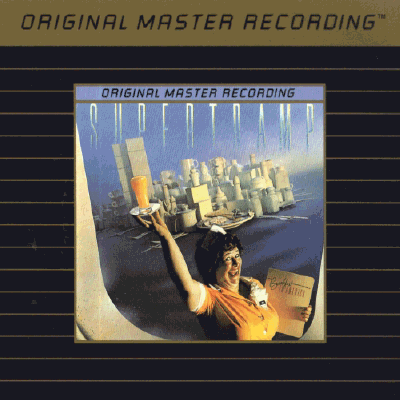But what you are saying does not make sense from an electrical point of view. You are saying that there is some quality, that is not quantifiable or measurable, that one piece of electronics can convey, that another piece of electronics can not.
How can electronics convey a signal which they cannot measure or quantify? To me this is like humans trying to explain the 4th dimension. It is impossible for us to express it. Just like people from flatland could never explain out existence. It is fun to fantasize about it though.
Isn't the 4th dimension time?
![[H]ard|Forum](/styles/hardforum/xenforo/logo_dark.png)
